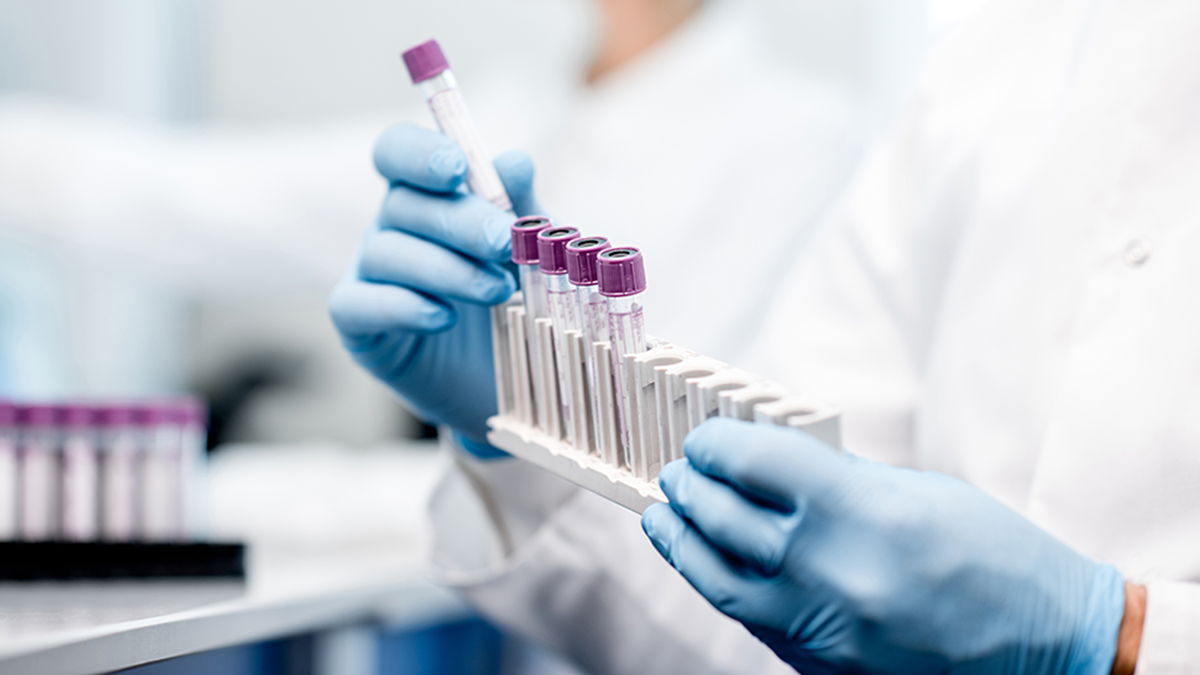Key points
- To administer the Dengvaxia vaccine for children and adolescents, proof of a previous dengue infection is required.
- Pre-vaccination screening tests can help to confirm a previous dengue virus infection.
- Any test used for screening must meet the minimum test performance standards for its results to be considered reliable: sensitivity: ≥75%, specificity : ≥98%.

Overview
Dengvaxia is available for use in children and adolescents 9–16 years old who:
- Have a laboratory-confirmed previous dengue virus infection, AND
- Live in an area where dengue is endemic (occurs frequently or continuously)
Laboratory confirmation of previous dengue virus infection is required. It can be obtained by evidence of prior acute dengue virus infection with either:
- Positive dengue RT-PCR test result OR
- Positive dengue NS1 antigen test result
It can also be obtained via positive results on BOTH of the following anti-dengue virus immunoglobulin G (dengue IgG antibody) tests in a two-step testing algorithm:
Rationale for pre-vaccination serologic screening
Detection of dengue IgG provides evidence of previous dengue virus infection. Not all dengue IgG tests can be used for pre-vaccination screening. Some dengue IgG tests can be cross-reactive with other flaviviruses, such as Zika virus, or are not intended to detect infections that occurred several years ago. In addition, some tests may have unacceptably high rates of false-positive or false-negative test results.
To determine vaccine eligibility and minimize the risk of false-positive test results, CDC recommends the use of highly specific pre-vaccination screening tests for dengue IgG. The specificity of a test is determined by the percentage of correctly identified negative cases. Patients with a negative test result in the dengue vaccine pre-vaccination screening should be re-tested every 1-2 years from the ages of 9–16 years or based on clinical judgement of their healthcare provider.
Pre-vaccination screening testing standards
All serologic tests recommended for pre-vaccination screening are required to meet the following test performance standards:
- Sensitivity: ≥75%
- Specificity A: ≥98%
Dengue IgG tests for pre-vaccination screening must have a minimum specificity of 98% to minimize the chance of misclassifying a true negative test result for a person as positive.
Pre-vaccination screening tests must also have a sensitivity of at least 75% to accurately identify a high proportion of children and adolescents with past dengue virus infections who can benefit from vaccination.
Beginning in 2022, anti-dengue IgG antibody tests will become available as enzyme-linked immunosorbent assays (ELISA) and rapid diagnostic tests (RDTs).
- ELISAs are suitable for simultaneously testing several samples in the laboratory.
- RDTs can be used for testing individual samples in a variety of settings, including high- and low-complexity laboratories and healthcare provider offices in accordance with local regulations.
Tests meeting the required screening criteria
CDC has evaluated all dengue IgG tests available for purchase in the U.S. market. Tests with performance characteristics near CDC requirements were evaluated for sensitivity and specificity using samples collected from children living in Puerto Rico who were 9–16 years old. These evaluations showed that, when run individually, two tests performed well for sensitivity and specificity but neither meets the required 98% specificity.
The evaluation found that using the following IgG tests together in a two-test algorithm (where one test is used for screening and another is used for confirmation) met the test performance standards (sensitivity ≥75% and specificity ≥98%).
These tests are not yet cleared by the U.S. Food and Drug Administration. To perform pre-vaccination screening with them, laboratories must validate and implement these tests in accordance with federal and local regulations.
The list of requirements and/or tests will be updated as additional evaluations of test performance become available.
- Zika virus and other epidemiologically relevant flaviviruses are included in the evaluation for specificity.
- Disclaimer: The names of these companies and/or linking to their websites are provided as a service to our users. These links do not constitute an endorsement of these organizations or their products by CDC and none should be inferred. CDC and the federal government assume no responsibility for any content on these sites.
